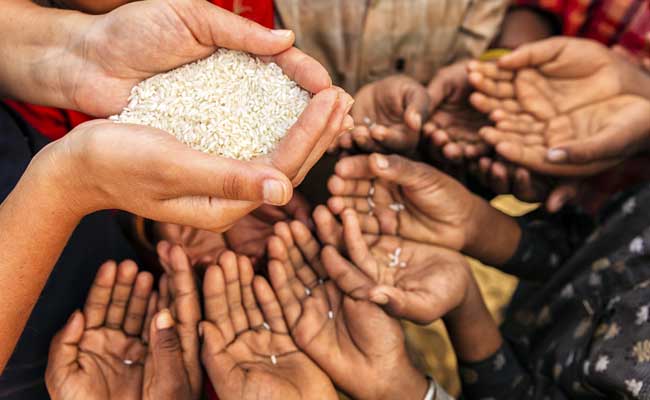
Many Vulnerable Countries Paying More For Less Food, Says New UN Report
NDTV
FAO has proposed a Food Import Financing Facility to provide balance-of-payment support to the low-income countries most reliant on food imports as a strategy to safeguard their food security.
The global food import bill is on course to hit a new record of USD 1.8 trillion this year, but higher prices and transport costs rather than volumes account for the bulk of the expected increase, according to a new report released by the Food and Agriculture Organization of the United Nations (FAO).
"Worryingly, many vulnerable countries are paying more but receiving less food," FAO said in its latest Food Outlook published on Thursday. The global food import bill is projected to rise by USD 51 billion from 2021, of which USD 49 billion reflects higher prices.
"These are alarming signs from a food security perspective, indicating that importers will find it difficult to finance rising international costs, potentially heralding an end of their resilience to higher prices," the report notes.
"In view of the soaring input prices, concerns about the weather, and increased market uncertainties stemming from the war in Ukraine, FAO's latest forecasts point to a likely tightening of food markets and food import bills reaching a new record high," said FAO economist Upali Galketi Aratchilage, lead editor of the Food Outlook.
